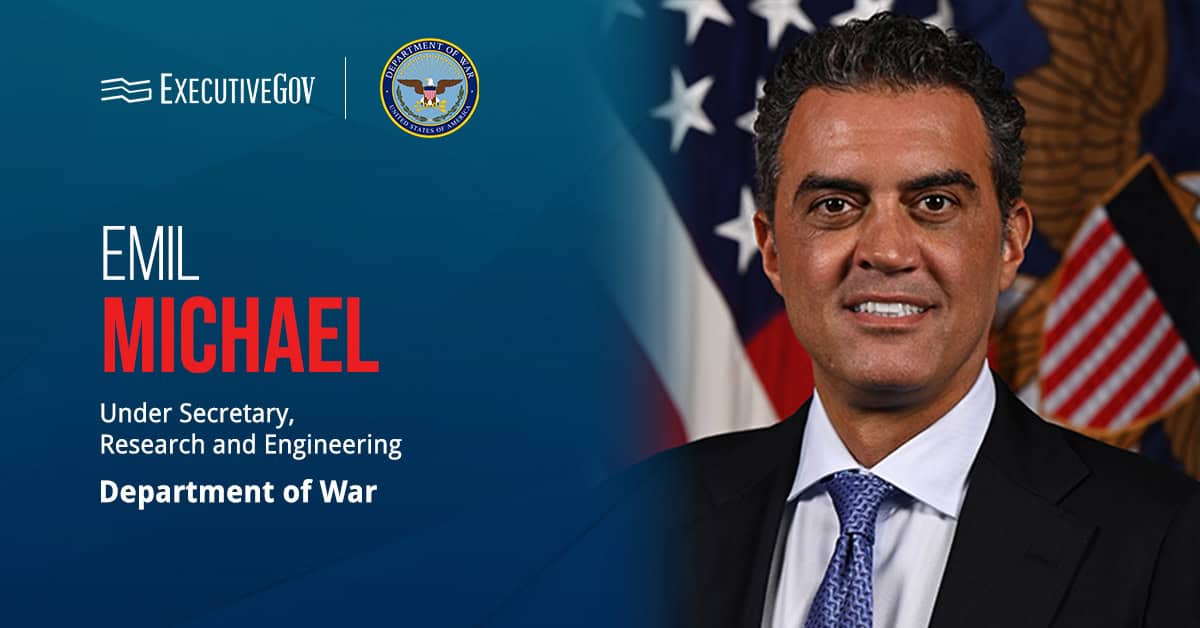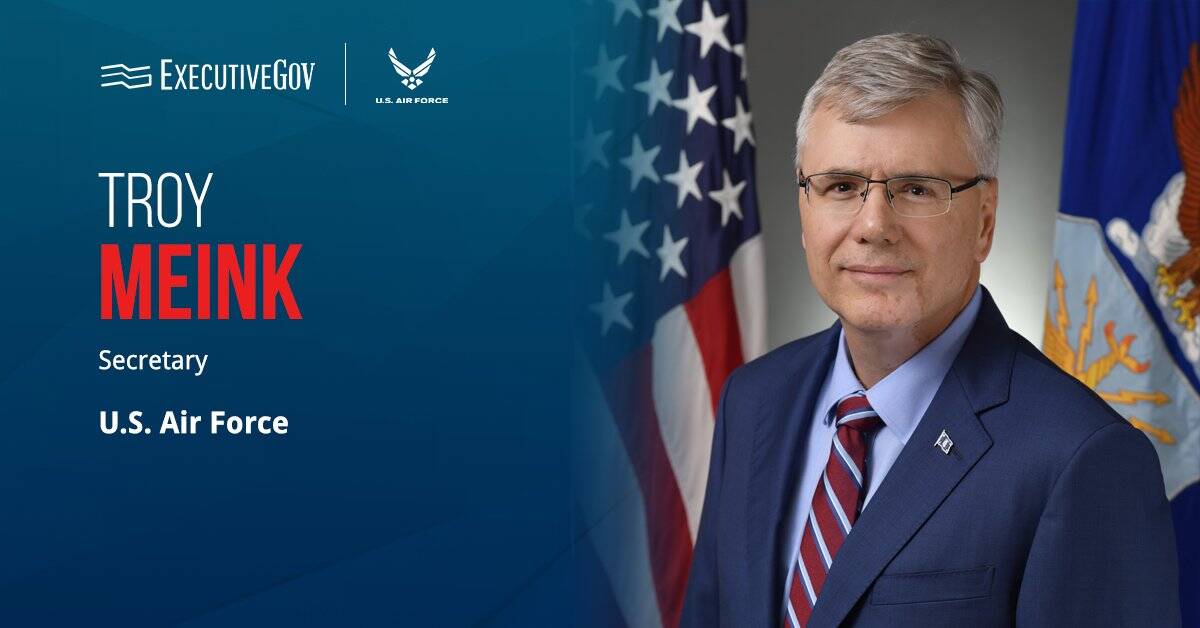
President Donald Trump has chosen James Morhard, deputy sergeant-at-arms for the Senate, to serve as deputy administrator at NASA.
Morhard served as Senate Appropriations Committee staff director and previously managed the panel’s subcommittees on Commerce, Justice and Science; and Military Construction and Veterans Affairs and Related Agencies, the White House said Thursday.
NASA Administrator Jim Bridenstine said in a statement released Friday that Morhard’s legislative work covered National Oceanic and Atmospheric Administration programs and public-private partnerships for military housing initiatives.
Morhard started his career in the U.S. Navy’s Office of the Comptroller.
He holds a bachelor’s degree in accounting from St. Francis University, an M.B.A. from George Washington University and a juris doctorate from Georgetown University.





